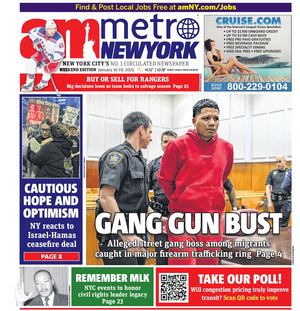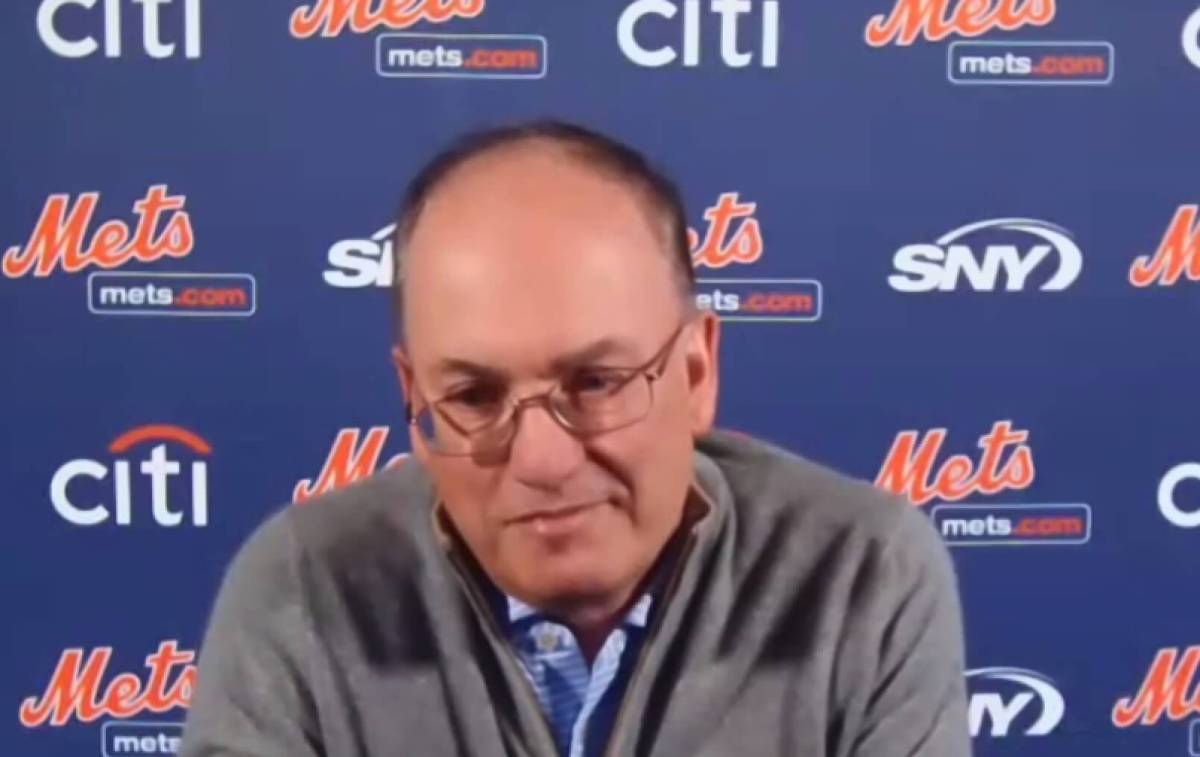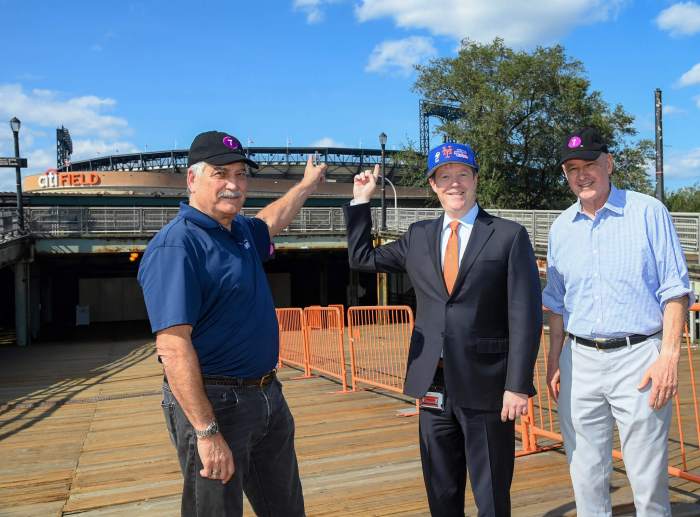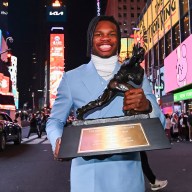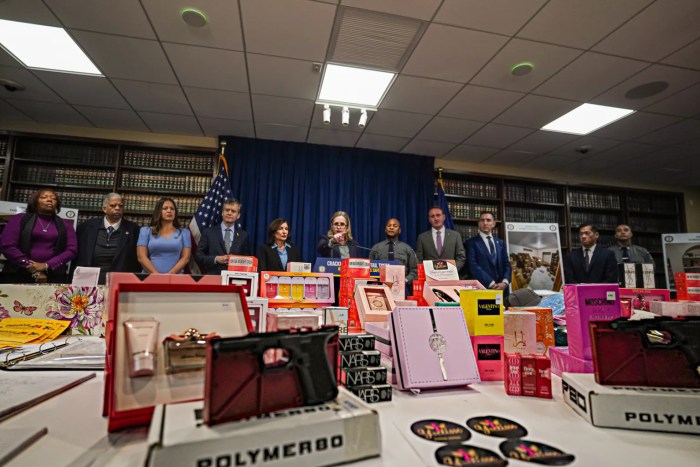MLB super agent Scott Boras appreciates what Steve Cohen is doing — especially because it’s helping out his business.
The Mets owner put on one of the more unprecedented exhibitions in free-agent spending over a one-week span earlier this month, spending roughly $360 million to acquire the likes of pitchers Justin Verlander, Kodai Senga, Jose Quintana, and David Robertson while retaining outfielder Brandon Nimmo.
New York’s payroll is now at a remarkable $345 million — a figure Major League Baseball has never seen before.
“Our game needs Goliaths. We have to have Goliaths,” Boras said at Nimmo’s re-introductory press conference on Thursday. “You can envision Steve Cohen hanging on to the Empire State Building. There he is. Maybe it’s not Steve Cohen, it’s Steve Kong.”
Now entering his third season as majority owner of the Mets, Cohen continues to change the outlook and reputation of a club that often played second-fiddle to the Yankees in New York and was an afterthought or the butt of jokes around Major League Baseball.
Quite a revolution from the frugal Wilpon family, which ran the Mets with a penny-pinching philosophy despite playing in the largest sports market in North America.
“That would be like going back to the old supermarket reference,” Boras said when trying to describe the differences between dealing with Cohen compared to the Wilpons. “We’re kind of in the aisle where you’re definitely understanding that they’re pretty much always after the premiums of the store, no doubt.”
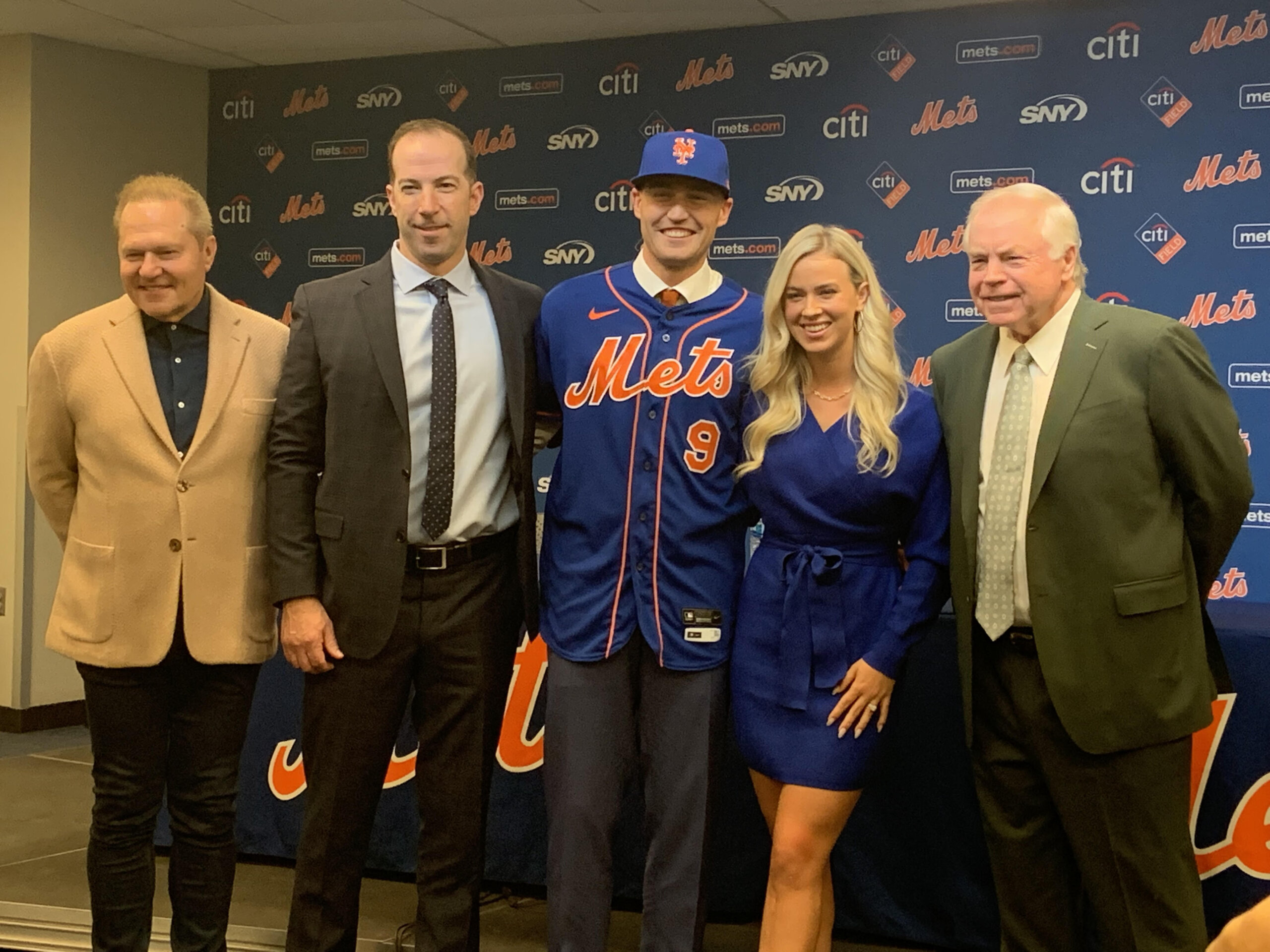
Of course, Cohen’s spending history with the Mets isn’t to everyone’s taste. In fact, the spending frenzy he just put on in no way will be the norm. However, it currently is out of necessity given the organization’s lack of depth in the farm system that will one day provide a steady stream of talent.
“There’s a real fight in overcoming something that he inherited and that’s the organizational talent depth has been a problem,” Boras said. “He knows he has to do more at the major league and free agent level to address that. He’s very clear about it and always trying to make sure that this year’s team is as competitive as it should be understanding that he has to pull in the free-agent area more than he’d like to or more than he’d want to.
“While that is something that probably any owner wouldn’t want to do, he does it because it means if I don’t do it, I won’t be competitive.”
What a concept: An owner that puts his team’s potential success ahead of his own. It’s something a number of owners — including the ones that once ran the Mets — are unwilling to do. Instead, it’s about revenue and profit margins.
But MLB’s decision to expand the playoffs has offered an added incentive for teams to invest more in their rosters rather than being so quick to pull the plug and prompt a rebuild.
“It’s an invitation to understand that you have some flexibility to build a team and yet get into that playoff picture and understand that if you have certain components, you can achieve your objective,” Boras said. “There are more ways to win now.
“There are clubs that are going to be in it for three to four years and then not for six. And then we’re going to have those clubs [like the Mets] that are in it every year. I think it sets a great tone.”
